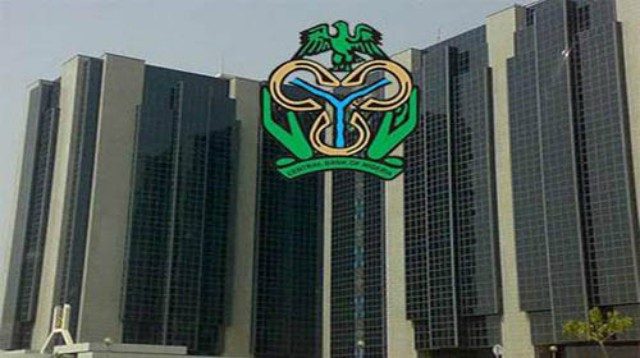The Central Bank of Nigeria (CBN) has introduced temporary restrictions on the payment of dividends and bonuses by a small group of banks as part of its broader strategy to strengthen the financial sector.
The measure, which targets institutions, which the CBN did not name, still recovering from the effects of the COVID-19 pandemic, is designed to reinforce their capital buffers and ensure long-term resilience.
This development was made public by the Acting Director of Corporate Communications at the CBN, Mrs. Hakama Sidi Ali, who explained that the decision is part of a broader reform framework initiated in 2023.
The reforms aim to position Nigeria’s banking sector as a solid foundation for the country’s long-term economic ambitions.
According to the CBN, many banks have already complied with, or are on track to meet, the updated financial requirements ahead of the March 31, 2026, deadline.
However, a few institutions, particularly those that received support from the apex bank during the pandemic, are still in the process of recovery and capital strengthening.
“These temporary measures are designed to support a smooth and sustainable path to compliance for banks that are yet to fully recover from recent macroeconomic challenges,” Ali stated.
“Restricting dividend and bonus payments ensures that these banks retain more capital to build resilience and remain viable contributors to Nigeria’s financial system.”
The central bank clarified that these actions are not an indication of systemic instability but rather standard regulatory practice adopted globally to assist financial institutions through post-crisis periods.
The restrictions are expected to help the affected banks improve their capital adequacy ratios by reinvesting retained earnings into their core operations.
In recent years, Nigerian banks have operated under a regulatory framework that is considered more stringent than many international norms.
The CBN’s latest move, while temporary, aligns with best practices in risk-based supervision and financial sector reform, and is expected to strengthen institutional governance and ensure that banks are adequately capitalised for current and future economic demands.
SmAli said the CBN has already communicated the new rules directly to the affected institutions and is maintaining a close working relationship with them to ensure smooth implementation.
These banks are expected to comply with the directives while continuing their normal banking activities without disruptions to customers.
To foster transparency and cooperation, the CBN said it will continue to engage with industry stakeholders through meetings and other channels.
The aim is to ensure that banks remain informed and that the reform process benefits from broad industry input.
Credit: thenationonlineng.net










































































